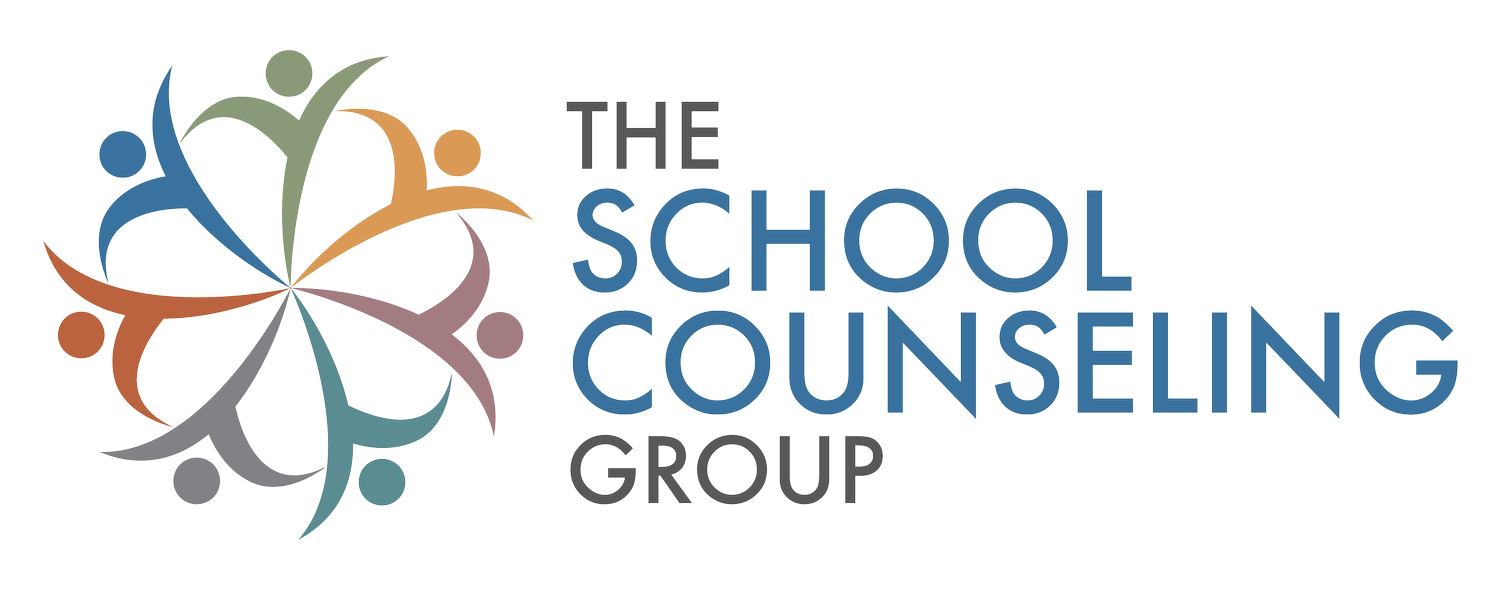Don’t fear the robots!
Recently, one of my colleagues sent around an article about AI and college counseling. The article discussed the development of AI applications and made a strong case for how such tools could benefit students and their families especially in under-resourced settings where personalized counseling is inaccessible or where existing options are unavailable or limited in scope or expertise. A subtext was the perhaps unsettling implication that AI counseling may provide a viable cost-effective alternative to personalized college counseling services like those we offer at SCG.
I would welcome any cost-effective AI applications that bring accurate, timely and comprehensive research to the fingertips of students, families and counselors, and especially for those who cannot access private options. Even in the privileged world of boutique college consulting, robot algorithms are welcome to make any recommendations they wish. After all, isn’t it always better to welcome additional perspectives to any serious undertaking?
However, the prospect of what AI cannot offer speaks most clearly to what counselors may want to think about if they feel in any way threatened by the new technology. And this, of course, is the “person” behind a “personalized” approach. Counselors should know their stuff and continue to work on their tools and skills, but it is the development of human potential that sets them apart from lesser peers, as well as from the robots.
Within an increasingly atomized, technological and anxious world, an increasingly vital aspect of any counseling/consulting/coaching relationship is the capacity to nourish personal development within these relationships. The more any professional has worked on their own personal development, the more effective they can be as a teacher, model and resource for human development. And by this I consider hundreds of testimonials over decades which speak not just to fine outcomes but more so to the quality of the counseling relationship and to notable personal growth therein.
In the end it doesn’t really matter so much the outcome as long as we honor the primacy of the partnership and what it offers to the world. And by "honor" this means to embrace wholeheartedly the lifelong task of working to show up as one's best self – and, thereby, to model a perspective and behavior to students and families who yearn as much for our guidance and modeling on how best to grow up as they do for our knowledge on how to get into the best fit college. In this sense, we need not fear the robots.

